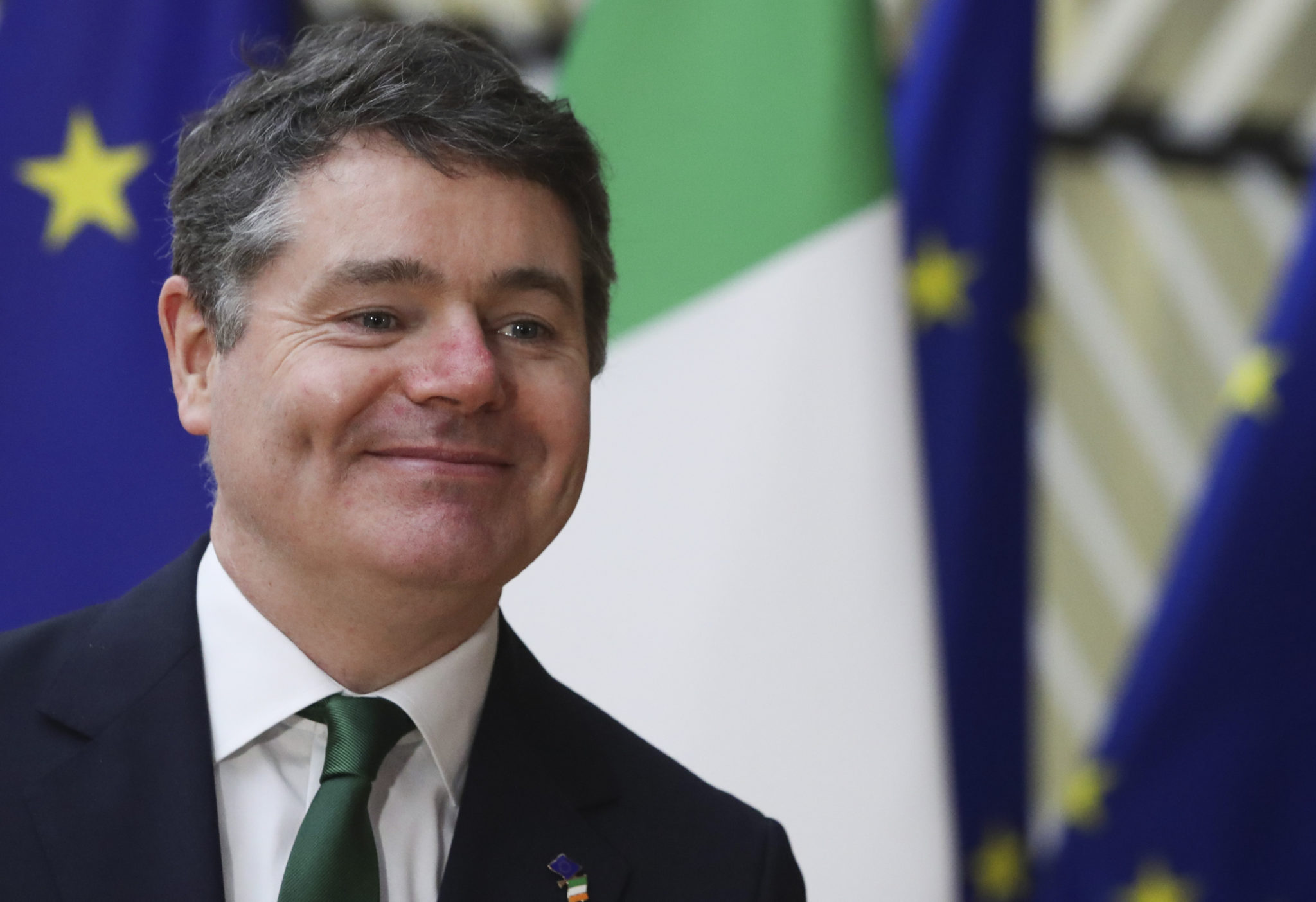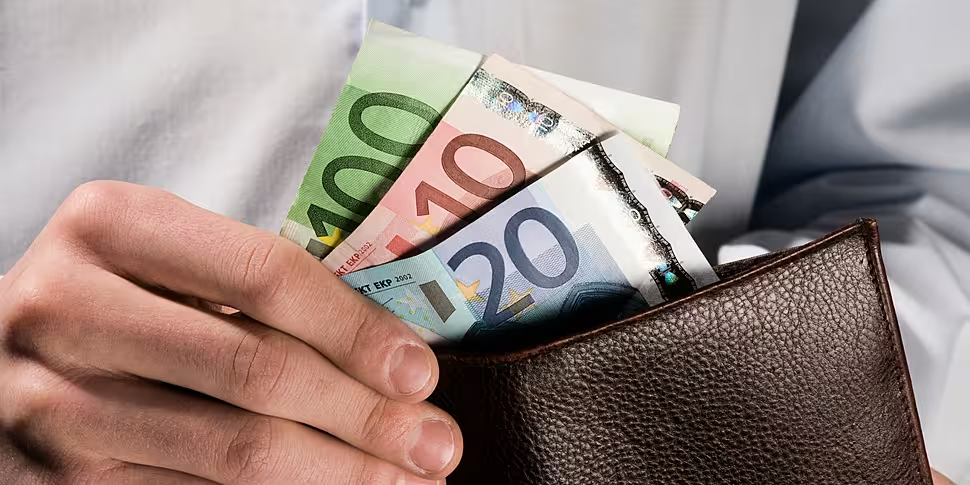The economy is still expected to grow, despite the cost of living crisis, the Irish Business and Employers Confederation has predicted.
In July, inflation in Ireland was 9.6%, while rising interest rates and soaring energy bills means many families are feeling the pinch.
Europe’s biggest economies, Germany and Britain, are at risk of falling into recession - defined as two consecutive quarters of negative economic growth. However, Ireland looks better placed to weather the economic storm.
“We actually see the Irish economy continuing to grow,” IBEC’s Gerard Brady told Newstalk.
“Obviously, we’ve downgraded our forecast to reflect the fact that Ireland is an open economy and the fact that the global economy is slowing.
“We still think that there is enough momentum in the economy between resources both in Government and in households to see off the worst of the impacts for the remainder of the year.”
 Ireland's Finance Minister Paschal Donohoe arrives ahead of a meeting at the European Council building in Brussels. (Yves Herman, Pool via AP)
Ireland's Finance Minister Paschal Donohoe arrives ahead of a meeting at the European Council building in Brussels. (Yves Herman, Pool via AP)In his budget speech in September, Minister for Finance Paschal Donohoe blamed the gloomier economic outlook on “mounting inflationary pressures [that] reduce spending power.”
With no end in sight to the international energy crisis, the Department of Finance has forecast that Modified Domestic Demand will only grow by 1.25% this. However, inflation is predicted to drop to 4.5% in 2023 and unemployment is forecast to remain at “relatively low levels.”
Main image: A person counting money. Picture by: Alamy.com





